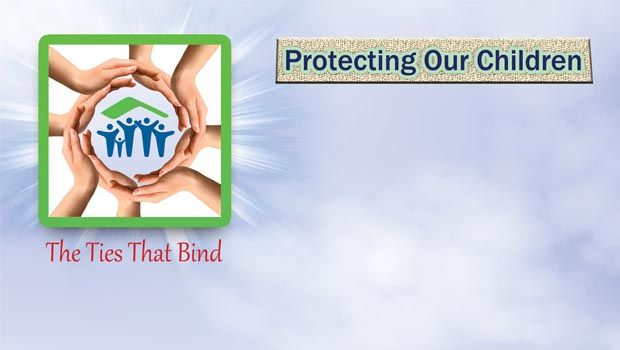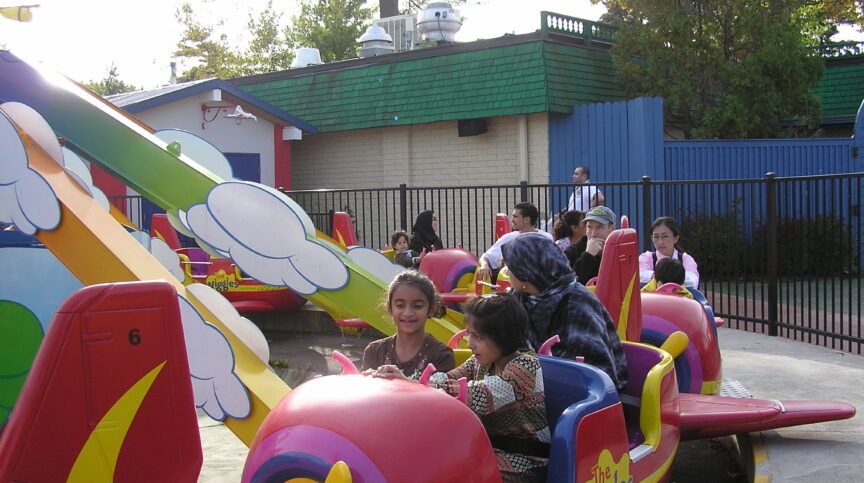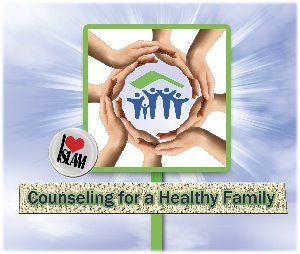He sits outside of his house hiding behind a bush. His eyes are on the front door waiting for it to open. The seconds feel like hours as sweat drips down the side of his face. Finally, the door opens and his heart stops as he sees the big brown boots emerging from the doorway. He holds his breath until the large figure drives away and disappears down the street. He then lets out a huge sigh of relief as he runs into the house, up the wooden stairs, into his room, and flings himself onto his bed, feeling safe. But only until his father returns home.
This is a familiar tale for over 6 million children in the U.S. every year, according to Childabuse.org. This staggering number reflects only the actual reports of child abuse, which begs the question: How many cases of child abuse exist that are not reported? Child abuse is an issue that is largely ignored within the Muslim community because it is perceived as a rare phenomenon that does not touch us. On the contrary, child abuse must be taken seriously because it is an atrocity that plagues all communities. We must be true to ourselves as an ummah and stop denying that children in our homes are being hurt by the very people who claim to love them.
The Prophet (S), Our Example
Aishah (R) reported that the Messenger of Allah (S) never hit any person with his hand, whether servant, woman, or child. He did, of course, fight in the Cause of Allah but he never took revenge upon anyone for the wrong done to him, only exacting retribution for the sake of Allah in case Divine injunctions were violated (Muslim). If we claim to follow in the footsteps of Rasulallah (S), we will take to heart that he was “the walking Quran,” as Aishah (R) described him. How can anyone who abuses his or her child claim to follow the Quran? We must engage in evaluating ourselves as a community and our lives as family members. Are we striving to succeed as believers and followers of Rasulallah (S), or are we going to be ashamed when we stand in front of our Lord on the Last Day?
Many parents are under the impression that corporal punishment is the proper way to discipline a child. This is not the case. A recent study published in the American Journal of Pediatrics revealed that children who are slapped, pushed, or shoved are more likely to be obese and have other health problems. The study also revealed a link between being hit in childhood to a greater risk of depression and anxiety later on in life. (http://pediatrics.aappublications.org/).
Circumstances of Pain
I have seen it all too often in the therapy room. The parents come into therapy seeking help for their child who refuses to listen, likes to challenge authority, and is spiraling out of control. The true picture quickly reveals itself as details of a dysfunctional relationship between father and son come to light. The father physically disciplines his son and the child has lived with fear, confusion, and hurt for a long time. That has now turned to anger. Having lost all respect for his parent, and suffering from an abysmal sense of unworthiness to be loved and respected, the son strives to assert himself by talking back and refusing to listen to the parental authority figure who he perceives, more instinctively than cognitively, as having abused his authority. By hitting his child, the father has created fear, lack of trust, intense sadness, and low self-worth. While he is attempting to demand obedience from the child, he is only creating distance, resentment, and an inner rage. The problem that the family came in to resolve can never be tackled until the relationship between father and son is repaired. And that starts with self-restrainting oneself, and being willing to learn more effective ways to interact with and discipline his child.
Abdullah ibn Masud (R) has narrated that he heard the Messenger of Allah (S) say, “Each one of you is a shepherd. And each of you will be asked about your flock. A ruler also is a shepherd and he will be asked about his flock. And every man is a shepherd to his family. And every woman is the custodian of her husband’s house and his children. Thus each one of you is a shepherd and each one will be asked about his flock” (Bukhari and Muslim). This comprehensive statement of Rasulallah (S) warns those who are in power over others, whether they be a ruler, a man, or a woman. Each one of us is in charge of someone, and the quality and integrity of our caretaking will be inquired about and judged by Allah (SWT) on the Day of Account.
As parents, the flock that Allah (SWT) has entrusted to our care is our beautiful children. They have rights upon us, and the number one right is that we care for them by fulfilling our obligations as strong, devoted, and trustworthy caretakers: Did we nurture our children to the best of our ability? Did we ensure that their needs were met? Did we shower love upon them in the way that the Prophet (S) showed love to his children and grandchildren? Did we act as the best role models of behavior and maturity so that our children might emulate us and build their own characters in a healthy and natural way? These are a few of the questions we as parents must ask ourselves on a daily basis. The future of our children, as well as our own future happiness, depends on it.
Tips to Eradicate Abuse
- When you see something, say something. As soon as you see or suspect child abuse, say something. It can save a life.
- If you find yourself or someone you love abusing others, seek help immediately.
- Encourage imams to discuss this topic in their khutbahs.
- Discuss this topic in halaqas, with family and friends, and at work.
- Speak up and spread the word.






